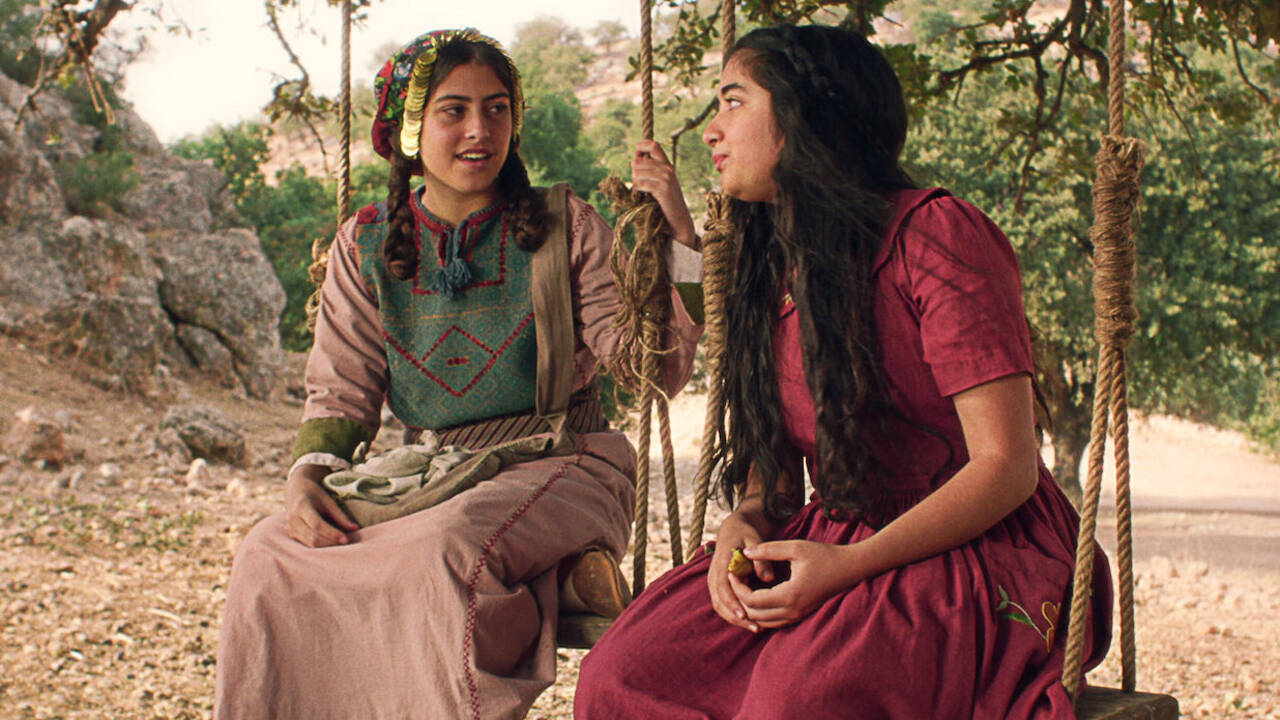Israelis Denounce Netflix Over Film About 1948 Ethnic Cleansing of Palestine

When Palestinian director Darin Sallam set out to make Farha, a film about a teenage girl who witnesses the murder of a neighboring family during the 1948 creation of the state of Israel, she wanted to immortalize a story that haunted her.
“I’m not a politician, but I decided to stay loyal to this story, as if I’m responsible for the voice of this young girl,” Sallam told Time.
In Farha, the titular character is locked in a cellar for her own safety as Israeli soldiers take over her village. Farha watches as a family, including a baby, is murdered outside the cellar door. After the movie’s release, Israeli officials denounced it while Israeli citizens protested the theater and canceled their subscriptions to Netflix, where the film is streaming.
Israeli Finance Minister Avigdor Lieberman condemned the film in a statement, and withdrew state funding from the Jaffa theater that screened the film. “To me, it is ridiculous that Netflix chose to release a film whose entire purpose is an inciting mockery against IDF soldiers,” Lieberman said, “but the choice of a cultural institution funded by the State of Israel to screen the above-mentioned film is already unacceptable.”
In the Time interview, Sallam explained the true story behind Farha.
There was a girl named Radieh who lived in Palestine in 1948, and she was locked in a room by her father to protect her from Israel’s invasion at that time. Radieh survived and walked to Syria where she shared her story with another girl. That other girl grew up, had a daughter of her own, and shared Radieh’s story with her own daughter—who happened to be me.
Lieberman’s claim that the film’s “entire purpose” is to mock IDF soldiers is a stretch. In the Time interview, Sallam says that her intent as a filmmaker was to tell a “universal and timeless story that could happen anywhere, anytime.” Furthermore, the events of the Nakba, or the ethnic cleansing of Palestine, are well-documented. According to Sallam, her own grandparents were forced to flee their home in 1948, when they heard about a massacre that happened nearby.
As a Jew, I recognized my own family’s story in Sallam’s account. In 1921, my own great-grandparents fled pogroms in their Polish village, hiding in forests and making their way across Europe to emigrate to the U.S. Jews across the world have been able to express our collective grief, trauma, and anger through a multitude of different art forms—a necessary process that the Israeli government has sought to deny to Palestinians again and again.
Rising global antisemitism makes it all the more important for supporters of Israel to acknowledge the commonality between Jews and Palestinians. Attempting to shut down Palestinian art that speaks Palestinian truths only serves to perpetuate the injustice of the Nakba.
(featured image: Netflix)
Have a tip we should know? [email protected]
